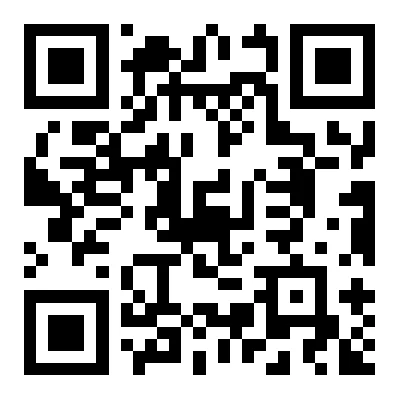American travel renting house
Traveling abroad, traveling on business, and studying abroad may all require renting a house. What documents do you need to rent a house in the United States? What is the difference between renting a house in the United States and studying in China? Many people don't understand the local habits when renting a house in the United States. They are not only confused when looking for a house, but also often encounter various problems after renting. Today, I will take you to understand the precautions for renting a house in the United States.
Documents required to rent a house in the United States
1. China passport or visa: American property management companies require applicants to provide ID with photos, so they need to provide a fax or scanned copy of the passport home page or visa page. It's good if you have a student visa.
2. Proof of income: American property management companies require rental applicants to provide proof of income that can pay the rent, including proof of salary income or scholarship in the United States. If it is a scholarship certificate or a salary income certificate in the United States, it is generally necessary to earn 3 times or 4 times the monthly rent;
3. Certificate of deposit. If it is a certificate of deposit, it generally needs to reach 36 times or 48 times the monthly rent. If it is shared by many people, the sum of the income of the co-tenants can meet the requirements.
4. I-20 form: or DS-2019 form.
5. American Social Security Number (SSN): Only a few applications need to provide SSN numbers.
The more complete the materials for renting a house in the United States, the greater the possibility of successful application. In general, you only need a passport or visa, but some landlords with higher specifications and stricter requirements need more documents. When renting a house, you can contact the landlord in advance to ask what documents they need to verify. American landlords prefer tenants with stable income, so preparing an income certificate can make renting a house more smooth.
When renting a house in the United States, in addition to paying the rent, you also need to pay the following fees:
1. Securitydeposit: Generally, it is a one-month deposit, which will be refunded when everyone checks out.
2. Holdingfee: usually one month's rent, which will be refunded after check-in. This money is mainly to ensure that the students will not rent the rented ones to others after the successful application and before moving in. Usually the owner will remain vacant for 15-30 days after receiving the deposit. If the students' applications are unsuccessful, the fee will be refunded within a few weeks.
3. Petdeposit: If students want to keep pets, they need to pay this fee, which is usually about $200 per pet.
4. Administrationfee: usually ranging from 0 to 200 (USD/household), which is mainly used to pay the management expenses of the property management company.
5. Applicationfee: usually 30-100 (USD/person), which is non-refundable. Owners or property management companies use this fee to check the criminal records of co-tenants. Those with good records will pass the application.
Matters needing attention in renting a house in the United States
Credit is important in renting a house in America. When renting a house, you must pay the rent and other related expenses on time, and use the house in strict accordance with the terms of the rental contract. If there is a breach of contract during the rental period, it is likely to be recorded in the personal credit file, which will affect future work, loans and visas. After check-in, you should not only pay the rent on time, but also improve your relationship with your neighbors. Don't do anything that disturbs the people. In the United States, if you make a loud noise at night and affect your neighbors, you will attract the police, and if it is serious, you will have to take a lawsuit.
Holders of American tourist visas can rent houses in the United States. However, the visa type should be comprehensively considered according to the specific travel purpose. For example, if the holder of B1 visa is going to the United States for business meetings, he may need to arrange accommodation in a hotel or conference center. If the holders of B2 visas are traveling to the United States, they can choose different types of accommodation according to their own needs, such as hotels, hotels, homestays and so on.






